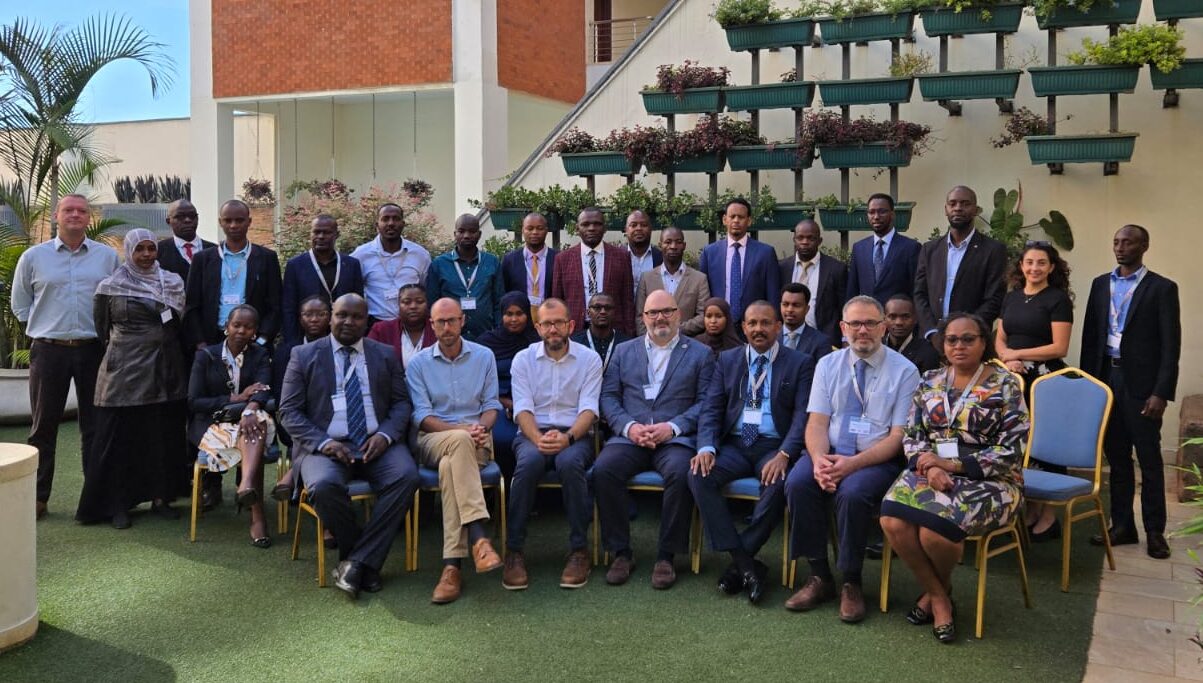
The IIJ workshop in Nairobi, funded by the United Kingdom, brought together 31 practitioners from Kenya, Uganda, Somalia, and the United Kingdom to address the use of digital open-source intelligence in counter-terrorism (CT) prosecutions.
Opening remarks were delivered by Steven Conway, Sub-Saharan Africa Counter-Terrorism Advisor for the Foreign, Commonwealth & Development Office (FCDO), and Yahya Abdilkadir Mohamed, Deputy Director of the National Counter Terrorism Centre (NCTC). Their statements underscored the critical importance of collaboration and innovation in tackling the evolving challenges of terrorism.
The workshop explored the challenges faced by the practitioners when using digital open source as evidence. This was to identify the level of use, how this type of evidence is accommodated within the existing legal framework/judicial procedures and practical challenges from capture, admissibility to presentation at court. Participants also shared good practices, focusing on effective structures, tools, and techniques to promote the use of open-source evidence while adhering to human rights and legal compliance.
Topics addressed the formation of open-source evidence teams, the development of legally compliant guidelines, the identification of appropriate tools and techniques, and the integration of open-source evidence into judicial processes.
By the workshop’s conclusion, participants had developed a deeper understanding of the benefits and risks associated with digital open-source evidence. They identified opportunities to enhance their legal systems and frameworks, promoting a robust, rights-compliant approach to counter-terrorism prosecutions.
